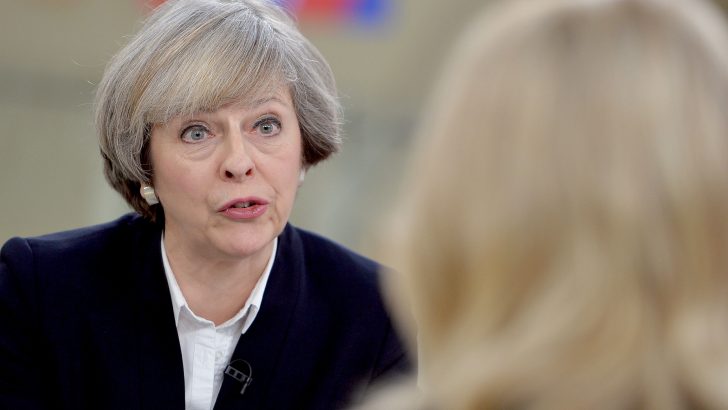Many people inside and outside the Catholic Church were glad Bishop Eamonn Casey received full honours from the Church when he died. He was, in his heyday, a charismatic and progressive figure, closely identified with the Catholic-founded development aid charity Trócaire.
He was exposed to the crossfire in El Salvador that cost the life of Archbishop Oscar Romero, whom he joined in protest against the US-backed right-wing dictatorship (not that US-opposed left-wing Latin American dictatorships are the answer either).
With hindsight, the failing that abruptly ended Bishop Casey’s episcopal ministry can be seen as the first breach of the citadel. At the time, the Church was privately criticised in high places for not doing more to reassure the faithful. In public perception, the clarity of the Church’s teaching became clouded by the contrast with the behaviour of a few priests who abused their trust in far worse ways.
In all walks of life, especially those demanding a high level of public responsibility, maintaining standards is a constant struggle both at a personal level and for society. Since early Christianity, the Church has sought to raise moral standards in the light of Christ’s teaching. Sometimes, unfortunately, the effect has been the opposite, but that does not mean the mission should be abandoned, particularly given some of the alternatives.
Memorable sayings
The spirit of the New Testament was not rigid adherence to old religious law, but the tempering of justice with mercy. One of Pope Francis’ most memorable sayings, when asked about a class of persons with proclivities frowned upon by the Church, was: “Who am I to judge?” – a theme taken up by Archbishop Diarmuid Martin, when he asked how the Church (actually all Churches) could have been so judgmental towards broken people?
When Ireland less Northern Ireland became independent and order was gradually restored, one of the biggest changes, understandably in terms of history, was to make Ireland, as near as made no difference, a Catholic country.
This was long a source of pride. Eamon de Valera spoke of Ireland’s ‘spiritual empire’ in contrast to the ‘materialistic’ one next door. In the late 1940s, it had a most unexpected admirer, reference to which is not to be found in modern Irish history books, in Winston Churchill, when he stated: “As the Minister responsible for carrying out the Cabinet decisions embodied in the Irish Treaty of 1921, I have watched with contentment and pleasure the orderly Christian society with a grace and culture and a flash of sport thrown in, which this quarter of a century has seen built up in Southern Ireland, despite many gloomy predictions.”
Moving on from spats over neutrality, shared antagonism to communist tyranny and aggression had brought the British and Irish peoples closer together, and “the Catholic Church has ranged itself amongst the defenders and champions of the liberty and dignity of the individual”.
Today, we hear only about the underside of that society, which in some minds damns the Church in totality and justifies excising it from all influence in society.
The combination of ecumenism, liberalisation, and the desire to prevent the spread of the Northern Troubles led to a change of religious tone, with pluralistic inclusion replacing tolerance and strict demarcation. Pluralism certainly meant taking notice and account of minority views and positions, but was sometimes articulated as a demand that, rather than finding ways to accommodate difference, all religious views must be given the same weight, regardless of the number of their adherents. This was not really tenable from a democratic point of view.
For a period liberal Catholics sheltered their aspirations under a not always altruistic pluralistic concern for the rights of religious minorities. Dean Victor Griffin, a leading light in the Anti-Amendment campaign of 1983, referred in his autobiography Mark of Protest to “a great number of liberal Roman Catholics who were looking to the Church of Ireland and Protestantism in general to give a lead”.
Such cover has ceased to be necessary, and advancing secularism has largely discarded pluralism. Church of Ireland bishops have had to point out that the rights of minority denominations to run faith-based schools should not be trampled upon on the basis of some populist surge.
Human rights are regularly invoked as a battering ram to break down the place of religion in this society. They have the advantage of trumping democracy, as democracy cannot deny human rights.
The interpretation of human rights can be highly tendentious. While many people support Amnesty International Ireland, because of their campaigns against clear human rights abuses, some would have strong reservations about their including abortion rights, which is a highly divisive issue, among their causes, and about the idea of their receiving funding for this from American billionaire George Soros’ ‘Open Society’.
The subject is not covered in any international rights convention. We are never given the country composition of UN Human Rights sub-committees that are prompted to condemn Ireland’s position.
Weak arguments are put up that to be ‘a true ‘republic’ (i.e. following the arguable French paradigm) we need to get rid of what is left of the Angelus on RTÉ, prayers in the Oireachtas, and, where practicable, every other manifestation of Ireland’s religious traditions, under the plausible cover of making migrants feel welcome. Most migrants, especially Muslim, come from countries where that religion is far better entrenched than Christianity here today.
In supposedly secular Britain, the Times ran an editorial on Good Friday entitled ‘Easter Rising’, referring to the Resurrection not 1916, which was a passionate plea for the Coptic Christians in Egypt, subject to murderous attacks. It also ran an article by former Minister Michael Gove, of Presbyterian background, in praise of the Church of England. Last year, then Prime Minister David Cameron stated: “we are a Christian country and proud of it”.
This year, his successor Theresa May evoked the Christian values she learnt growing up in a vicarage. How long must we wait to notice anything similar said by our own political and opinion leaders?


 Dr Martin Mansergh
Dr Martin Mansergh British Prime Minister Theresa May
British Prime Minister Theresa May 